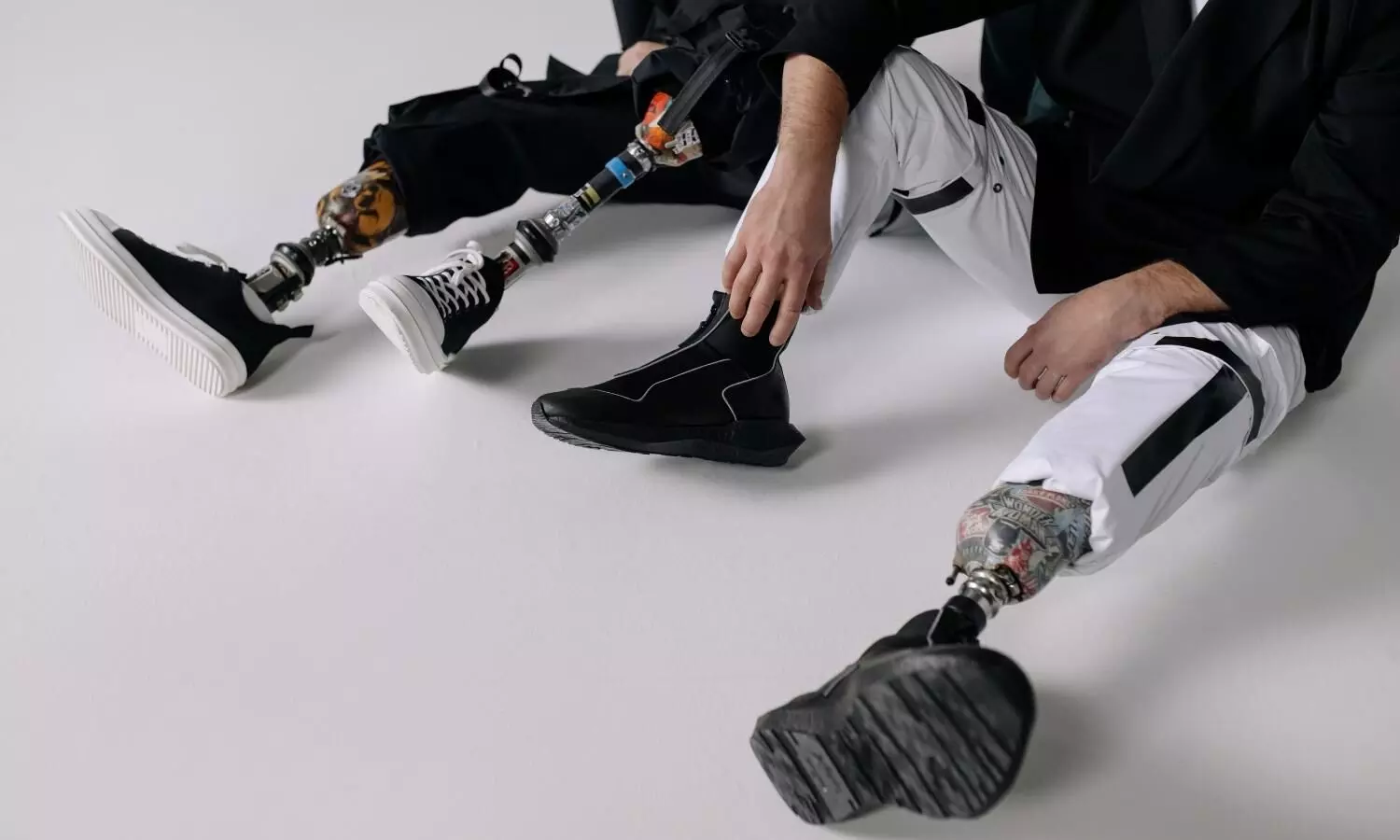DRDL-AIIMS Develop India’s First Low-Cost Carbon Fibre Prosthetic Foot

New Delhi: In a significant step towards affordable healthcare innovation, Indian researchers from the Defence Research and Development Laboratory (DRDL) and AIIMS Bibinagar in Telangana have jointly developed a low-cost prosthetic foot aimed at improving mobility for individuals with limb loss, the Ministry of Defence announced on Tuesday.
This is the first advanced carbon fibre foot prosthesis developed in India under the Aatmanirbhar Bharat initiative. The innovation is expected to make high-quality prosthetic solutions more accessible, especially for people from lower-income backgrounds, and to reduce reliance on expensive imported models.
“This foot is designed with the goal of offering a high-quality and affordable solution accessible to a larger population in need while delivering performance at par with available international models,” the Ministry of Defence said in a statement.
Biomechanically tested to support a load of up to 125 kg with a sufficient safety margin, the prosthetic foot comes in three variants to suit patients of different weights. It has been developed specifically for K3-level active users those who require dynamic and high-performance mobility.
The cost of producing the new prosthetic is estimated to be less than ₹20,000, significantly lower than similar imported carbon fibre foot prostheses, which currently cost around ₹2 lakh. The cost-effective design could help increase access to advanced prosthetics for thousands of amputees across the country.
“It is expected to reduce the cost significantly to as low as less than Rs 20,000 in production in comparison to the current imported similar products that cost around Rs two lakh,” the Ministry added.
The need for affordable prosthetic solutions in India is growing, due to the rising number of limb loss cases caused by road accidents, medical conditions, and congenital disabilities. However, the high cost of prosthetics and limited access to skilled professionals and rehabilitation centres, particularly in rural areas, remain major barriers.
“This innovation is expected to significantly improve accessibility to high-quality prosthetics for low-income group amputees in India, reduce dependency on imported technologies, and support broader social and economic inclusion for people with disabilities,” the Ministry said.
(With inputs from IANS)


